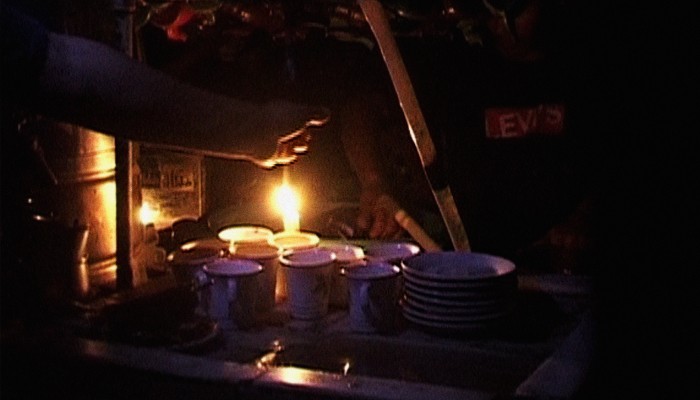No respite for Karachiites as scorching heat, load-shedding grips city
Unscheduled power outages continue on the second day of Ramazan in Karachi
May 18, 2018
KARACHI: There is no respite for people as scorching heat and unannounced load shedding continue to grip Karachi at the onset of Ramazan.
On the second pre-dawn meal (sehri) of the month, multiple areas and localities of the metropolis were once again thrown into the dark as load-shedding continued unabated.
Power outages were reported in Lyari, Bufferzone, North Karachi and Korangi areas.
According to KE, the sole power supplier for the country's biggest industrial hub will try to refrain from power outages during the sehri and iftaari.
The power department also added relief from power outages will be given to consumers during the holy month of Ramadan, according to a KE spokesperson.
Previously exempted areas from load-shedding can expect up to an additional two hours as the power supplier tries to implement load management strategy, the spokesperson added.
Other areas can expect three to seven hours of power outages.
According to KE, residents can inquire about the power outage schedule by texting on 118 or 8119.
Hot and dry weather in the metropolis is expected to continue with the Pakistan Meteorological Department (PMD) issuing a weather advisory on Thursday night.
Scorching heat
The fasting month is going to be especially hard for practicing Muslims as the temperatures are likely to remain between 40°C to 43°C during next five to six days, according to the Pakistan Meteorological Department.
The PMD has urged the authorities to ensure adequate supply of water and power so that the situation may not aggravate for the public, keeping in view the ongoing month of Ramazan and people fasting.
In Karachi, the temperature is expected to rise as high as 41°C and humidity between 60 per cent to 70 per cent, the Met Office added.
Hot and dry weather prevailed towards the end of March in Karachi, which temperate soaring to maximum 40°C on March 26.
The MET Office had said the temperature may also feel higher than it would actually be due to a lack of sea breeze.













